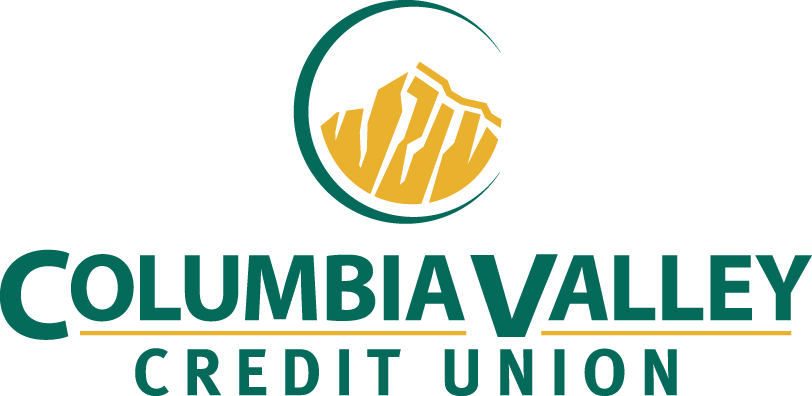
Cheque Fraud
Cheque
Cheque fraud occurs when a fraudster gives an unsuspecting victim a counterfeit cheque to pay for an item, or as part of a scheme. These counterfeit cheques come in many forms and will often say "Guaranteed Funds" or "Certified" on the face of the cheque. They may be from a respected financial institution or well known company, but that does not make them legitimate. The victim then deposits the counterfeit cheque in to their account. The cheque is then rejected by the clearing system and returned, causing a debit to the member’s account. This places the member in the unfortunate position of assuming liability for the transaction.
The most common types of cheque fraud scams are:
"Middleman" Business Opportunity
This opportunity may present itself in the form of an email, on a website, by regular mail, by telephone or by responding to a newspaper advertisement. In responding to the ad your only involvement is to deposit cheques for the person or company that is soliciting your help, retain a fee for yourself, and send a cheque as repayment. You repay the balance by sending a legitimate bank draft from your account to the address the scammers have provided. It isn’t until you are notified by your financial institution that the original cheque you deposited is counterfeit and has been returned, that you realize you have become the victim of fraud. You are now out the several thousand dollars you mailed them as repayment with your legitimate cheque.
Nigerian Letter
You receive either a letter or an email requesting help with an urgent and confidential business transaction involving millions of dollars. Upon responding to the letter or email the writer of the letter will ask you for an upfront “processing fee”. Most letters come with a breakdown of the percentage of money each party involved will receive once the transaction is final. You are then sent a counterfeit cheque, but by the time you are notified that the cheque is not valid, you have already paid your phoney processing fee.
Overpayment for an item
In this case you are actually owed money by the scammer, usually for goods sold. The scam artist sends you a cheque in excess of the amount that is actually owed to you and then requests that you wire or send a draft for the difference immediately. The original cheque is returned as counterfeit and you have been defrauded the amount you sent them back by way of your legitimate draft or wire.
Phoney inheritance
With this scam, you are contacted by mail or email by a stranger claiming to have inherited a large amount of money, sometimes millions of dollars, and requesting your help to move this money around. They promise you a significant percentage, as high as 20 per cent, for simply providing your bank account details. The fraudsters then use this account information to deplete the funds available in your bank account or they request an upfront fee in order to "collect the inheritance", then paying your percentage by way of counterfeit cheque.
Everyone is vulnerable. These Fraudsters target everyone, regardless of age, race, income or geographic location.
If an offer seems too good to be true, it probably is. Don’t trust strangers offering you money for very little effort on your part. Columbia Credit Union has a cheque hold policy in place to protect its members from being defrauded, but a cheque can be returned as counterfeit even after the hold requirement has been lifted. Keep in mind that you are ultimately responsible for cheques you deposit to your account. Make sure you know the party giving you the cheque and are comfortable with them before you decide to put your funds at risk.
